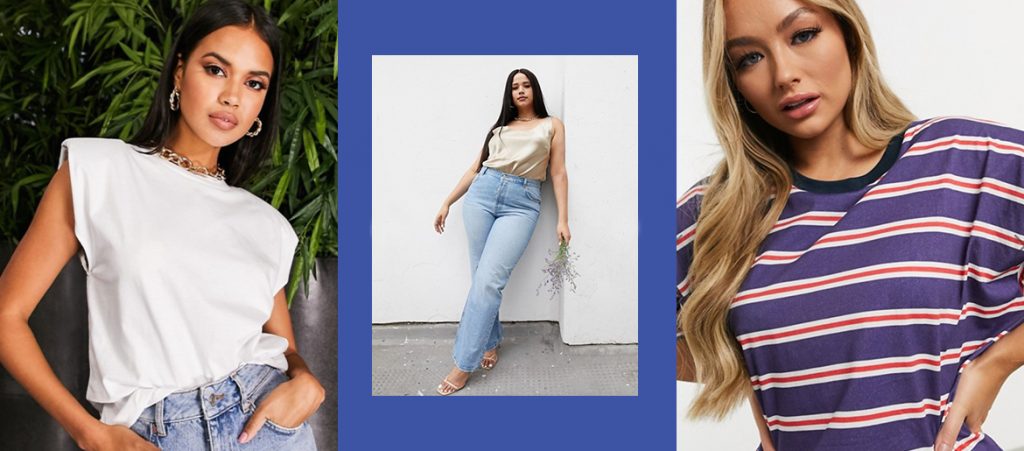For months now, governments and individuals alike have been trying to juggle the huge central challenge of the COVID-19 crisis: health vs. economics.
You could be forgiven for thinking that decisions affecting public health and the strength of the economy are best left to governments to decide. But now an unexpected category is highlighting our individual roles in the health-economy debate: online shopping and fast fashion.
What’s happened?
The need to close physical stores is obvious, but ordering from these ‘non-essential’ businesses online still requires a warehouse full of workers.
In the UK, warehouse staff at ASOS and Pretty Little Thing spoke out against their working conditions, which sound not at all safe. Workers told The Guardian that, with around 500 people working on each shift, two-metre social distancing is not practical and that hand sanitizer and gloves were not being provided.
A worker for BOOHOO said they didn’t believe warehouses would shut “until somebody dies”.
Amazon staff in the US are striking to protest what they believe are also inadequate protections. Warehouse staff say speed quotas prohibit hand-washing breaks and gloves and masks have not been provided as promised.
So far, more than 130 Amazon warehouses have had confirmed cases of COVID-19.
The fact that these are the textbook retailers driving an endless churn of disposable, wasteful fast fashion and “things” means the whole situation just hits different.
It comes in stark contrast to others, like luxury fashion retailer Net-A-Porter and NEXT (another fast fashion brand) stopping online sales to protect warehouse workers as they would other staff.
People vs Profit
Many are calling this a straightforward case of ‘profit > people’.
And it’s not a hard argument to make, considering that online retail is thriving under COVID-19 restrictions. Amazon is generating $11,000 in sales per second, and its share price hit an all-time high with the company now worth $1.1 trillion.
Yeah, trillion.
But Amazon is a unique case. ASOS has been declining over the past few years, and stay-home restrictions resulted in a sharp 25% drop in sales – in fact, retail business commentators are questioning whether COVID-19 is the beginning of the end for the fast fashion giants.

Is it as straightforward as “close the warehouses”?
Not quite. The impact on business closures on individual employees is huge – in Australia alone, 780,000 jobs have already been lost as a direct result of the health crisis (almost 10% of people under 20 lost their job, and 9% of people in their 20s).
People need businesses to survive in order to keep their jobs.
Even in the case of the monster that is Amazon, they are essentially a marketplace that allows literally millions of small businesses all over the world to more easily and widely sell and ship their products.
Of those $11,000-per-second sales, it’s not just money in Jeff Bezos’ pocket but also the entire network of big, medium, small and micro-businesses that also sell on Amazon – restrictions on Amazon impact them, too.
The flow-on effects are massive.
What role do we play as individuals?
Here’s a question to think on in self-iso: As individual consumers what is our responsibility to the working conditions of the people who make it possible to buy the shit we don’t need?
The fact that the initial retail shutdown hit businesses so hard proves the power of consumers – we vote with our wallets every time we choose to buy a product… or not.
It’s a message that has been driven for years by organisations like Fashion Revolution and their global “Who Made My Clothes?” campaign – the current crisis has just brought the issues much closer to home.
This week is Fashion Revolution Week (20 – 26 April) and it’s the perfect time to think hard about what you ‘need’ and who it impacts – not just from the fashion industry, but all retail industries.
Editor’s Note: An early April poll of the Zee Feed audience showed that 60% were more concerned about the health impacts, over 40% more concerned about economic impacts – somewhat surprising, given that young people are often branded as feeling ‘invincible’, but that’s another discussion…
Want to sound smart on more of these Very Important Things™? Our book How to Win Every Argument has the As to your Qs on the 15 biggest topics facing the world today 🤓 Buy it now.

